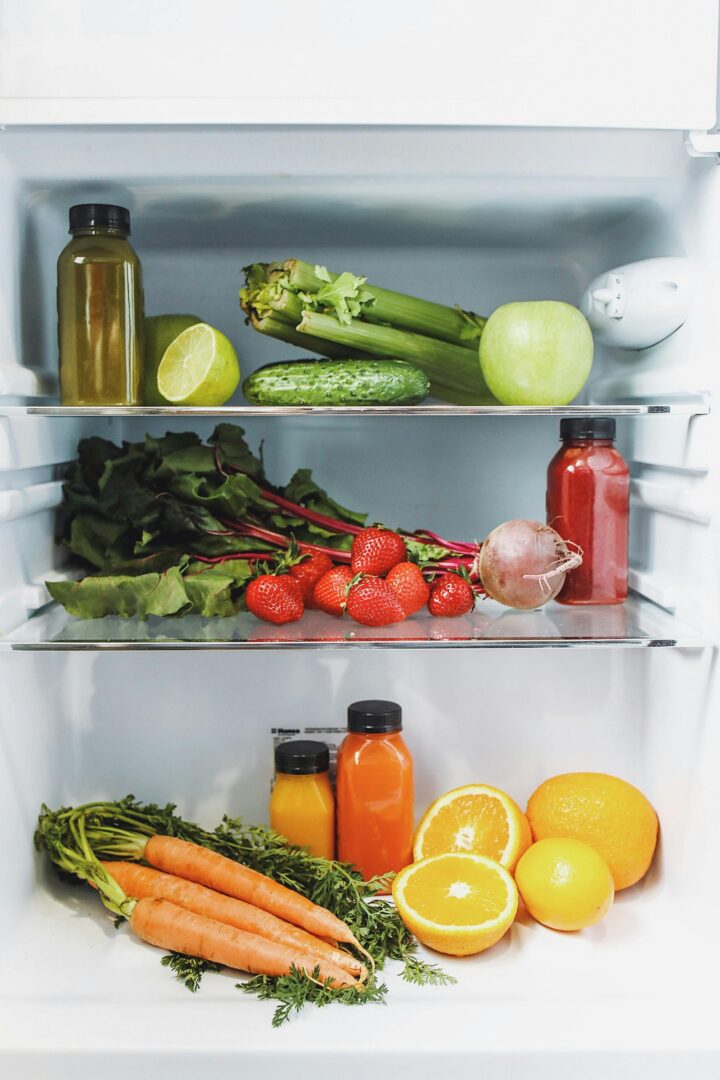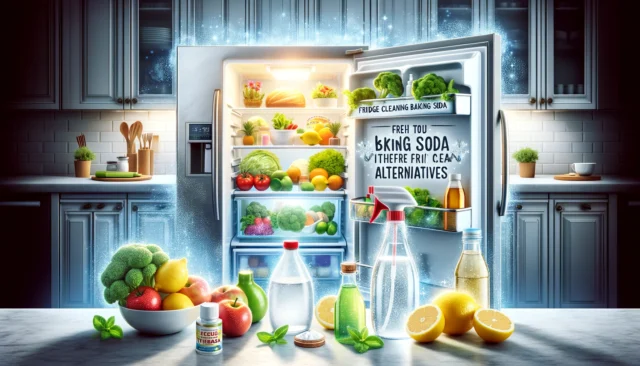When was the last time you showed some love to that faithful kitchen workhorse, your refrigerator? For most of us, the answer is probably, “I can’t remember.” Yet, the unsung hero of our homes patiently hums away, preserving the bounty of our grocery hauls without a thank you or a second thought. This in-depth guide is your nudge to do right by your refrigeration companions. We’ll be demystifying the crucial yet often overlooked tasks of vacuuming refrigerator and freezer coils and clearing out the never-ending mishmash of expired food, all tailored for homeowners.
The Hidden Role of Refrigerator/Freezer Coils
Understanding Coils
Have you ever considered the intricate machinery that keeps your fridge or freezer frosty? Coolant circulates through a series of coils, transforming from gas to liquid and back again, with some technical help from compressors and fans. These coils are like the organs of your refrigeration system, and if they’re not functioning optimally, the entire process falls out of tune.
The Dusty Dilemma
Over time, these coils become a magnet for dust and pet hair, effectively insulating them and making it harder for your appliance to do its job. This means a higher electricity bill and a fridge that must work harder and longer, ultimately shortening its lifespan.
Step-by-Step: Vacuuming Your Refrigerator/Freezer Coils
Locating the Coils
Coils can be on the back, top, or bottom of your fridge, and sometimes even behind a lower front grille. Refer to your model’s manual for the precise location.
Safety First
Before any cleaning, safety is paramount. Unplug your appliance to avoid electrical accidents. If your coils are at the back, be prepared to gently pull out the fridge without damaging the cords or causing damage.
Vacuuming Process
Use the crevice tool on your vacuum cleaner and gently go over the coils, moving vertically to catch all the dust. Avoid using a brush that might damage the delicate fins. The vacuum should be set to a low suction level to ensure you don’t bend any of the fins.
The Importance of Regularly Cleaning Out Expired Food
Food Safety Concerns
Expired food isn’t just gross; it can be harmful. Bacteria thrive on food that’s past prime, and the last place you want them is on the shelf next to your fresh produce.
Efficiency and Odor Prevention
Think of your fridge’s air circulation like your lungs. If there’s something stuck in there, you’ll have difficulty breathing. Bad airflow leads to uneven cooling and that smell that makes you wince every time you open the door.
How to Clean and Organize Your Refrigerator and Freezer
Creating a Cleaning Schedule
A seasonally or monthly cleaning schedule keeps the chaos under control. Mark your calendar and stick to it – your fridge and taste buds will thank you!
Cleaning Steps
Start by removing all the items, tossing out anything that’s seen better days, and wiping down the shelves and drawers with a natural cleaner to prevent chemical residue affecting your food. The inside walls may need extra love, especially near the corners where spills love to hide.
Organizing Tips
Would you rather not have to dig through your fridge to find that last slice of cake? Organize by food groups, using clear containers to see what you have left easily. Keep the most frequently accessed items in the front for quick access.
Identifying and Disposing of Expired Food
Spotting Expired Food
Use your senses—smell, sight, and touch—beyond the date on the packaging. If anything seems off, it probably is.
Proper Disposal Methods
Spoiled food needs to be disposed of properly. Composting is a sustainable option for many discarded groceries, while some items can go down the garbage disposal. Always follow local guidelines for disposal.
Maintaining Your Appliance Post-Cleaning
Restocking Tips
Keep similar items together and label leftovers with the date when you cooked or stored them. This way, you know what needs to be eaten first.
Regular Maintenance Reminders
Every three months, ideally, should find you at your fridge’s back, with the coil brush attachment of your vacuum cleaner in hand. And about once a week, set aside time to browse the interior, checking for anything that’s gone off.
Conclusion
##The Dual Benefits of Fridge Maintenance
By embracing these periodic tasks, you’re ensuring that your food is kept safe, your fridge smells fresh, and your energy bill doesn’t leave you with freezer burn. It’s also an excellent opportunity to take stock of what you have, what you need, and what might be a forgotten relic from the ’90s hiding in the back.



